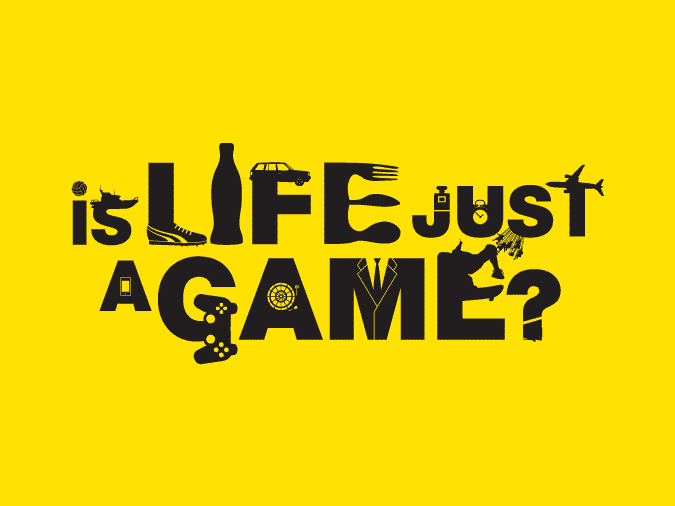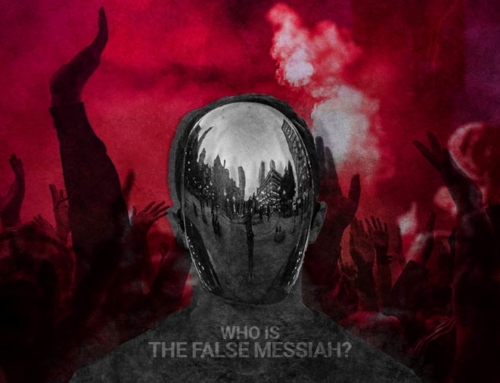Dr. Laurence Brown
Discovering Our Purpose and Relationship With God
The first of the two big questions in life is, “Who made us?” We addressed that question in the previous article and (hopefully) settled upon “God” as the answer. As we are creation, God is the Creator.
Now, let us turn to the second “big question,” which is, “Why are we here?”
Well, why are we here? To amass fame and fortune? To make music and babies? To be the richest man or woman in the graveyard for, as we are jokingly told, “He who dies with the most toys wins?”
No, there must be more to life than that, so let’s think about this.
To begin with, look around you. Unless you live in a cave, you are surrounded by things we humans have made with our own hands. Now, why did we make those things? The answer, of course, is that we make things to perform some specific function for us. In short, we make things to serve us. So by extension, why did God make us, if not to serve Him?
Discovering Our Purpose and Serving the Creator
If we acknowledge our Creator, and that He created humankind to serve Him, the next question is, “How? How do we serve Him?” No doubt, this question is best answered by the One who made us. If He created us to serve Him, then He expects us to function in a particular manner, if we are to achieve our purpose. But how can we know what that manner is? How can we know what God expects from us?
Understanding Our Purpose and Path to Salvation
Well, consider this: God gave us light, by which we can find our way. Even at night, we have the moon for light and the stars for navigation. God gave other animals guidance systems best suited for their conditions and needs. Migrating birds can navigate, even on overcast days, by how light is polarized as it passes through the clouds. Whales migrate by “reading” the Earth’s magnetic fields. Salmon return from the open ocean to spawn at the exact spot of their birth by smell, if that can be imagined. Fish sense distant movements through pressure receptors that line their bodies. Bats and blind river dolphins “see” by sonar. Certain marine organisms (the electric eel being a high-voltage example) generate and “read” electric fields, allowing them to “see” in muddy waters, or in the blackness of ocean depths. Insects communicate by pheromones. Plants sense sunlight and grow towards it (phototrophism); their roots sense gravity and grow into the earth (geotrophism). In short, God has gifted every element of His creation with guidance. Can we seriously believe he would not give us guidance on the one most important aspect of our existence, namely our raison d’etre—our reason for being? That he would not give us the tools by which to achieve salvation?
Revelation as Guidance for Life
And would this guidance not be . . . revelation?
Think of it this way: Every product has specifications and rules. For more complex products, whose specifications and rules are not intuitive, we rely upon owner’s manuals. These manuals are written by the one who knows the product best, which is to say the manufacturer. A typical owner’s manual begins with warnings about improper use and the hazardous consequences thereof, moves on to a description of how to use the product properly and the benefits to be gained thereby, and provides product specifications and a troubleshooting guide whereby we can correct product malfunctions.
Now, how is that different from revelation?
Revelation tells us what to do, what not to do and why, tells us what God expects of us, and shows us how to correct our deficiencies. Revelation is the ultimate user’s manual, provided as guidance to the one who will use us—ourselves.
Embracing the Purpose of Creation
In the world we know, products that meet or exceed specifications are considered successes whereas those that don’t are … hmm … let’s think about this. Any product that fails to meet factory specifications is either repaired or, if hopeless, recycled. In other words, destroyed. Ouch. Suddenly this discussion turns scary-serious. Because in this discussion, we are the product—the product of creation.
Exploring Interactions and Symbolism in Daily Life
But that doesn’t mean these analogies are invalid. Just the opposite, we should remember that both Old and New Testaments are filled with analogies, and Jesus Christ taught using parables.
So perhaps we had better take this seriously.
No, I stand corrected. Most definitely we should take this seriously. Nobody ever considered the difference between heavenly delights and the tortures of hellfire a laughing matter.
Is Life Just a Game ?
[/fusion_text][/fusion_builder_column][/fusion_builder_row][/fusion_builder_container]
Copyright © 2007 Laurence B. Brown
Permission granted for free and unrestricted reproduction if reproduced in entirety without omissions, additions or alterations.
A graduate of Cornell University, Brown University Medical School and George Washington University Hospital residency program, Laurence B. Brown is an ophthalmic surgeon, a retired Air Force officer, and the medical director and chief ophthalmologist of a major eye center. He is also an ordained interfaith minister with a doctorate in divinity and a PhD in religion, and the author of a number of books of comparative religion and reality-based fiction. His works can be found on his website, www.LevelTruth.com.
Got Questions?
We have Answers. Get in touch now.








